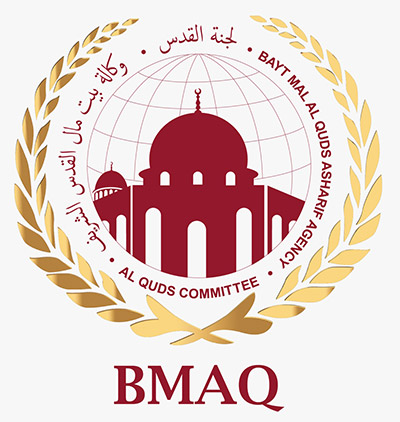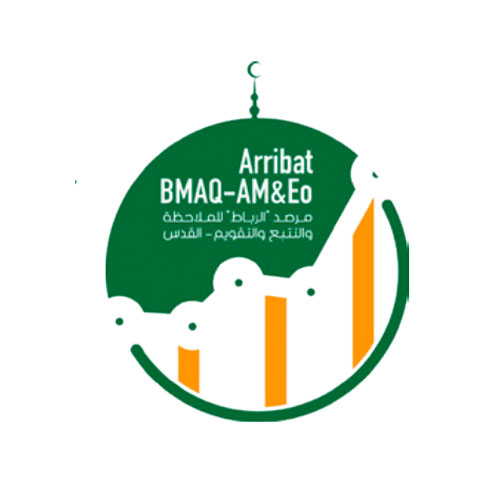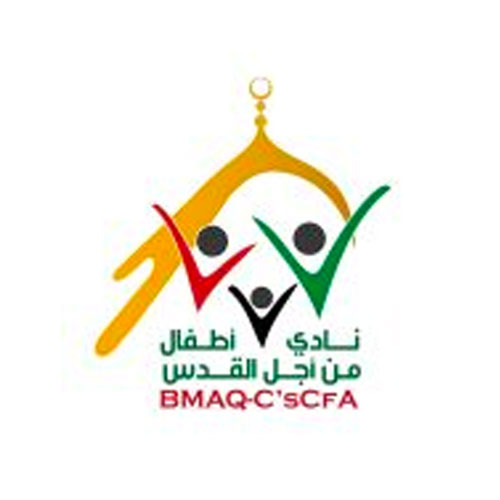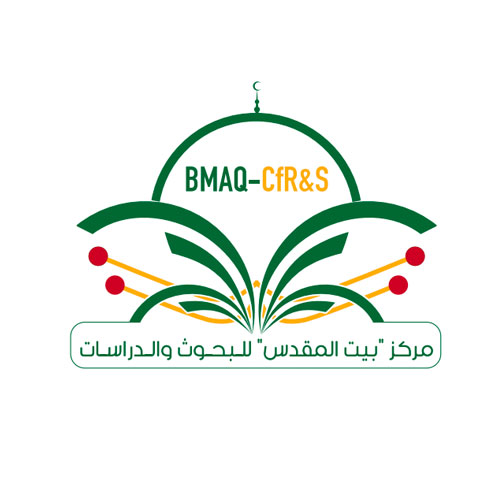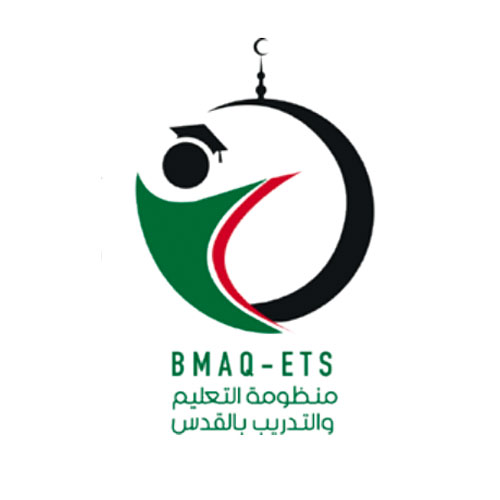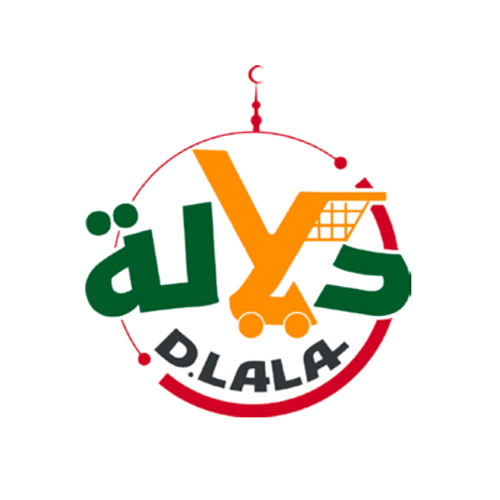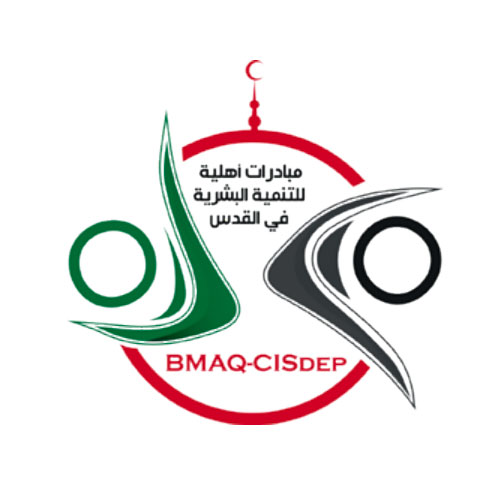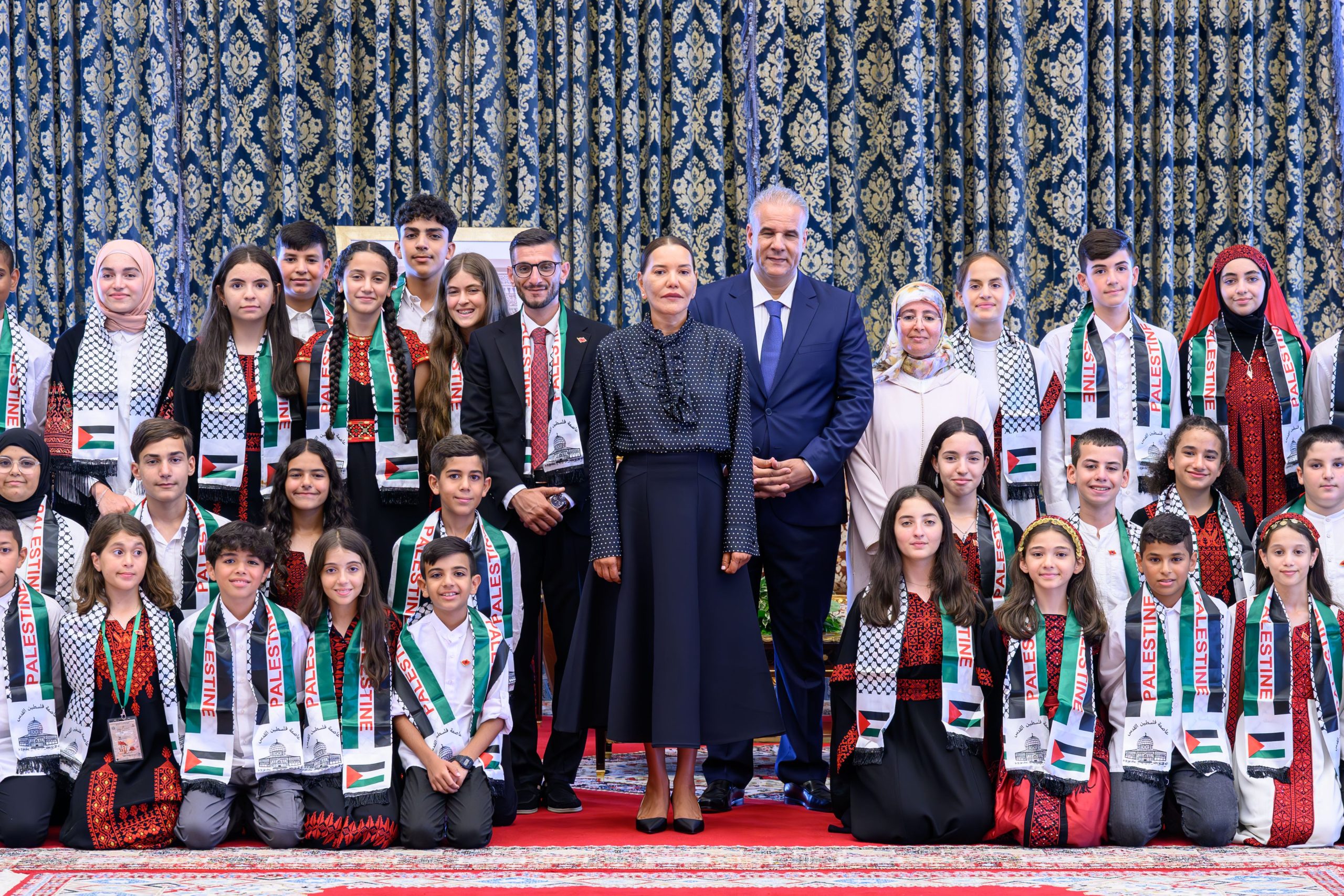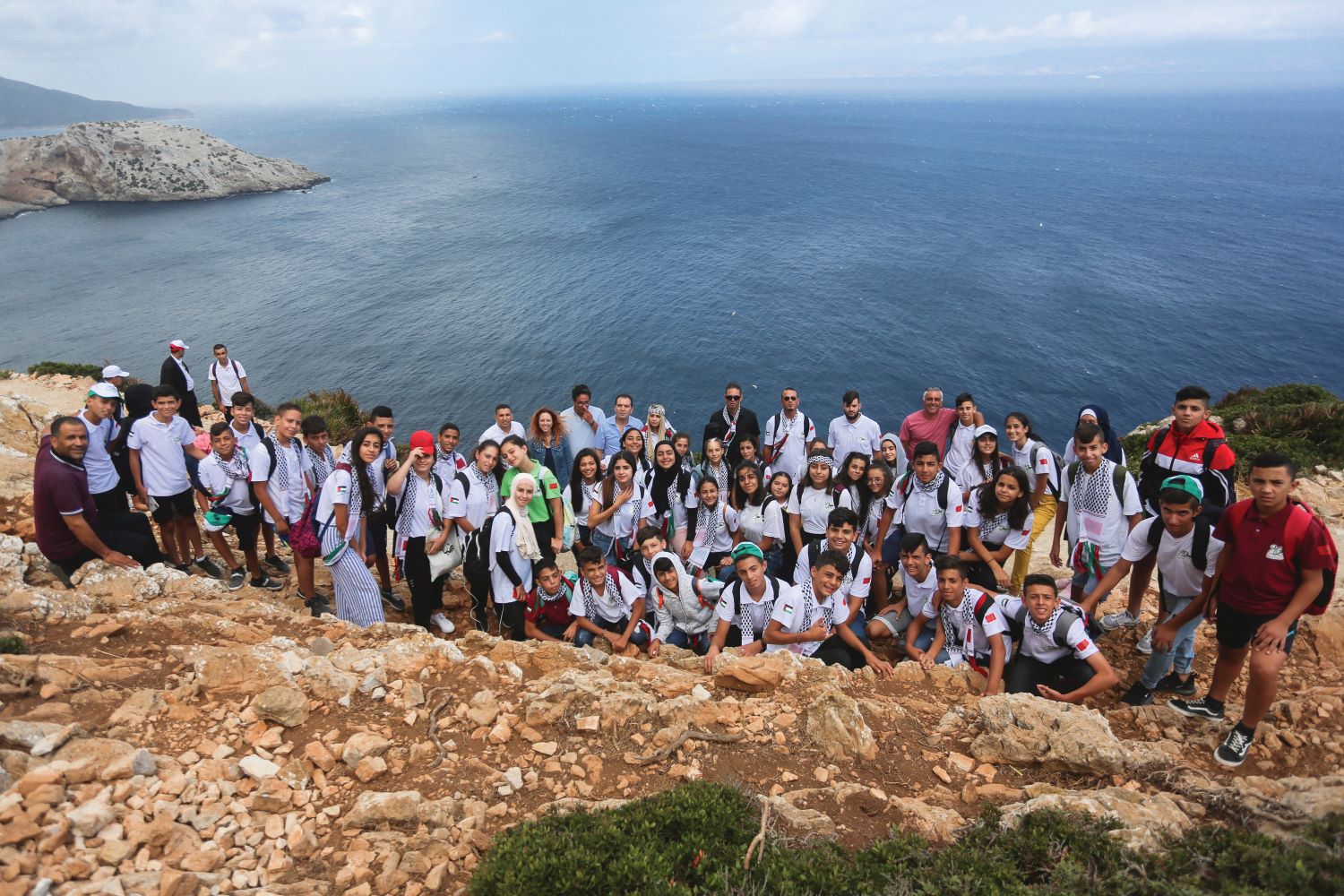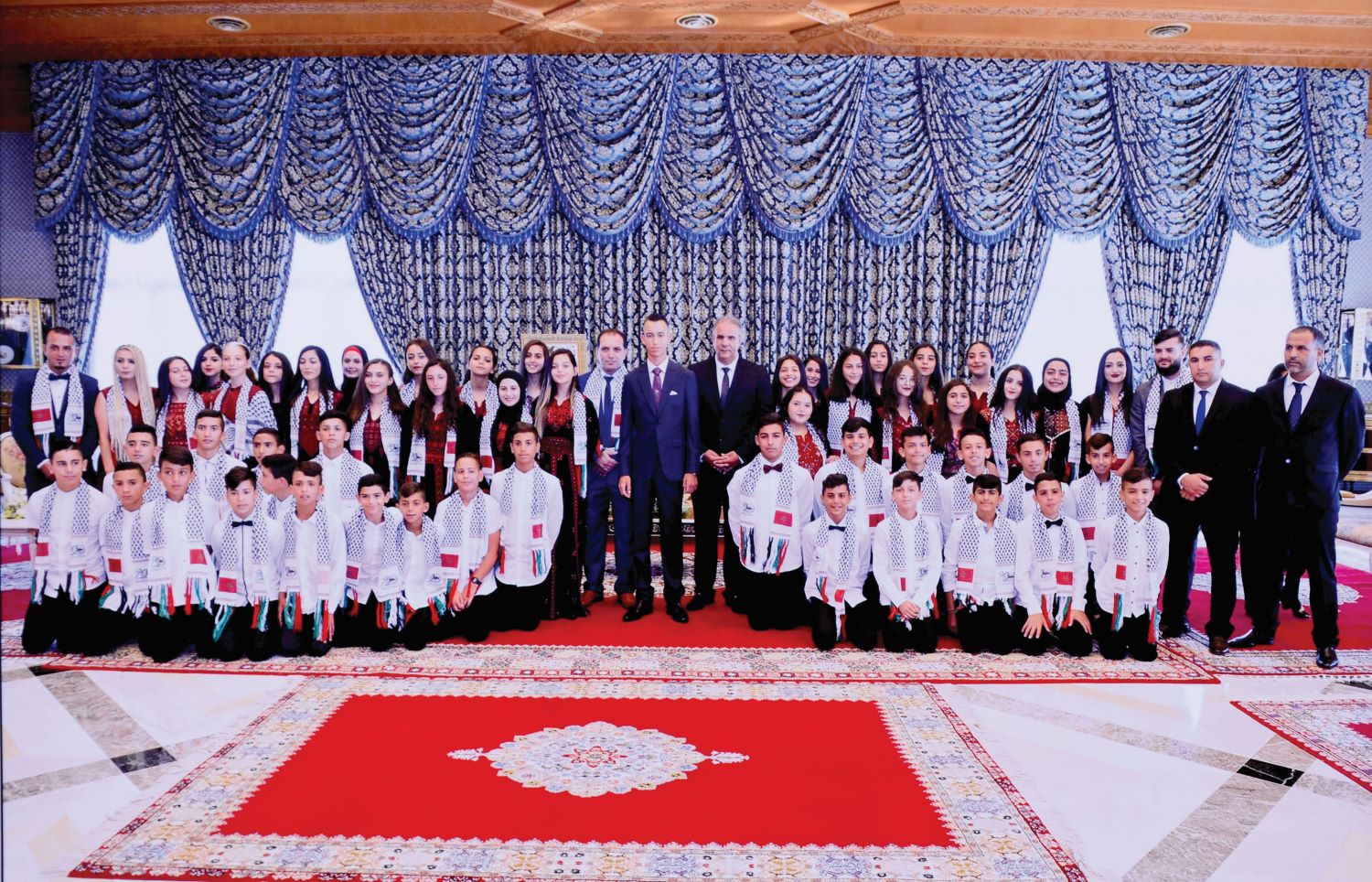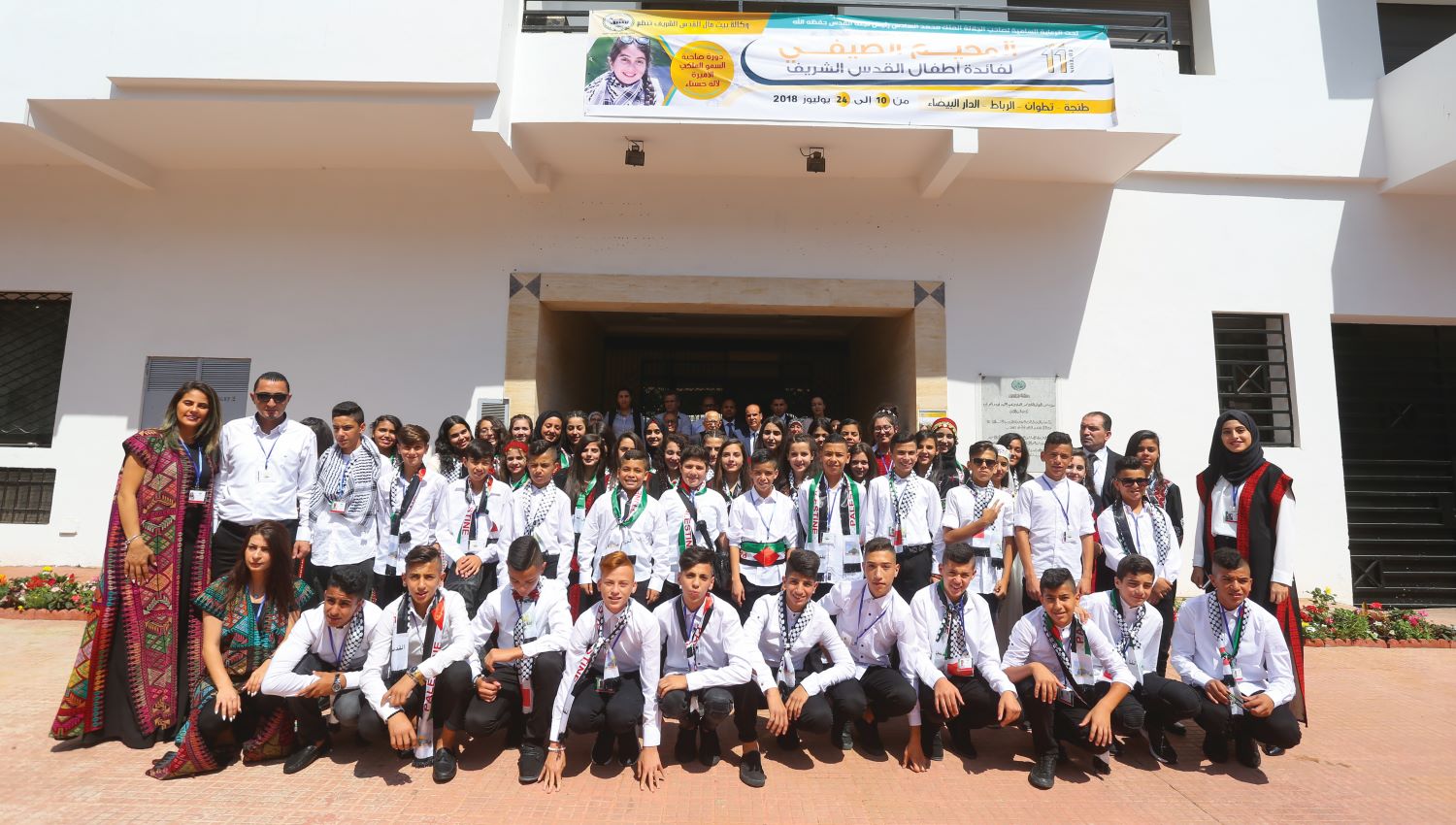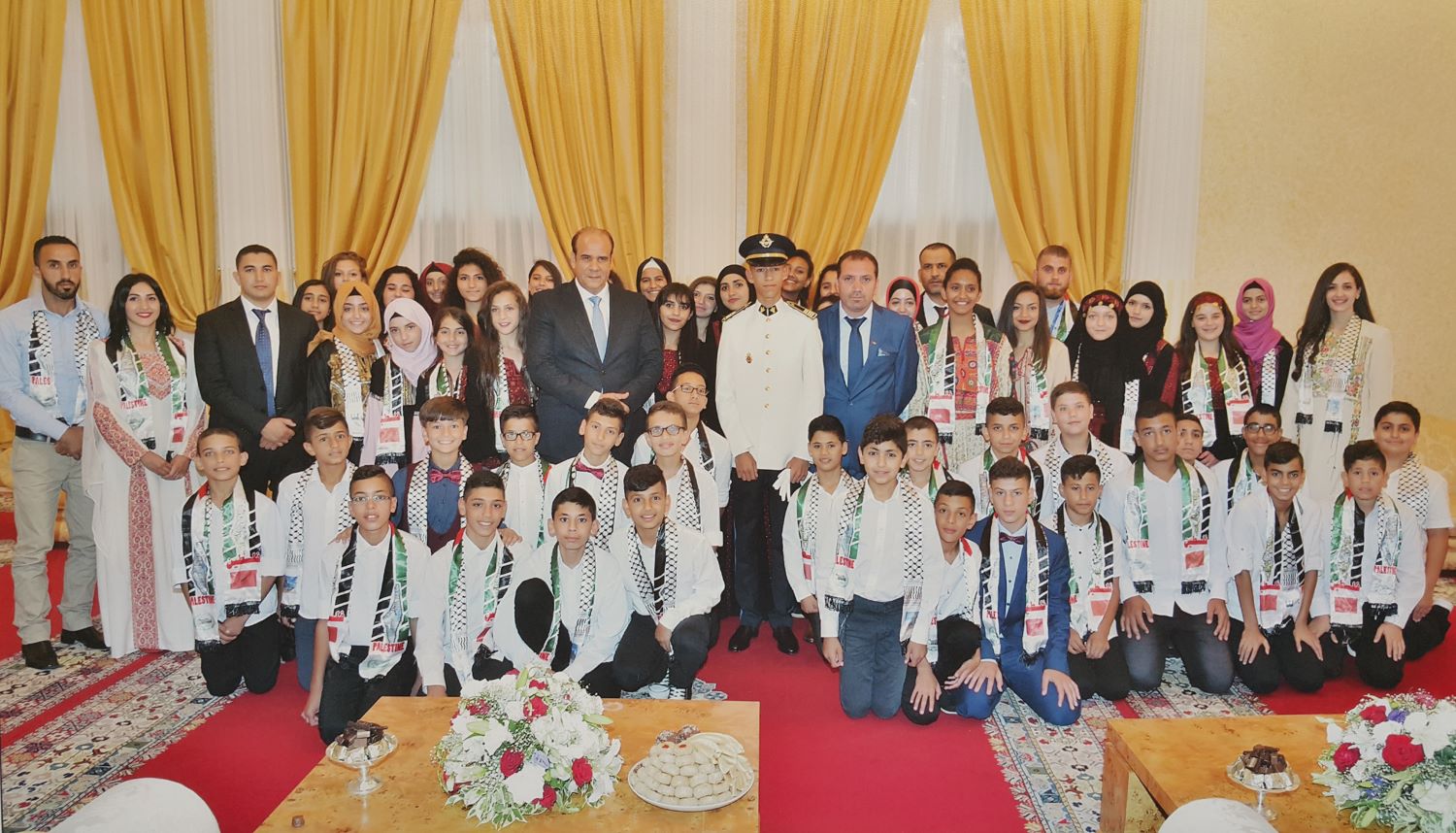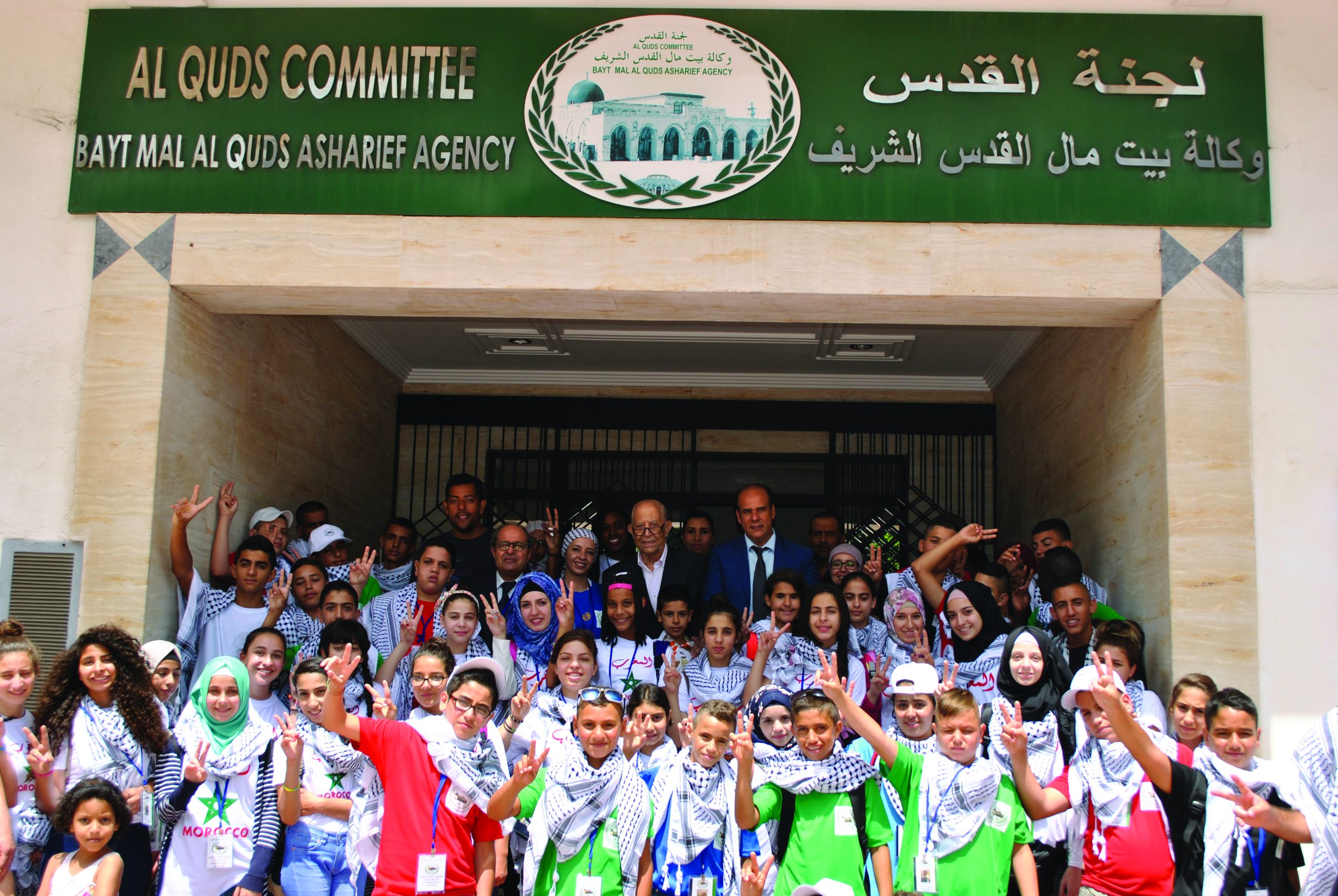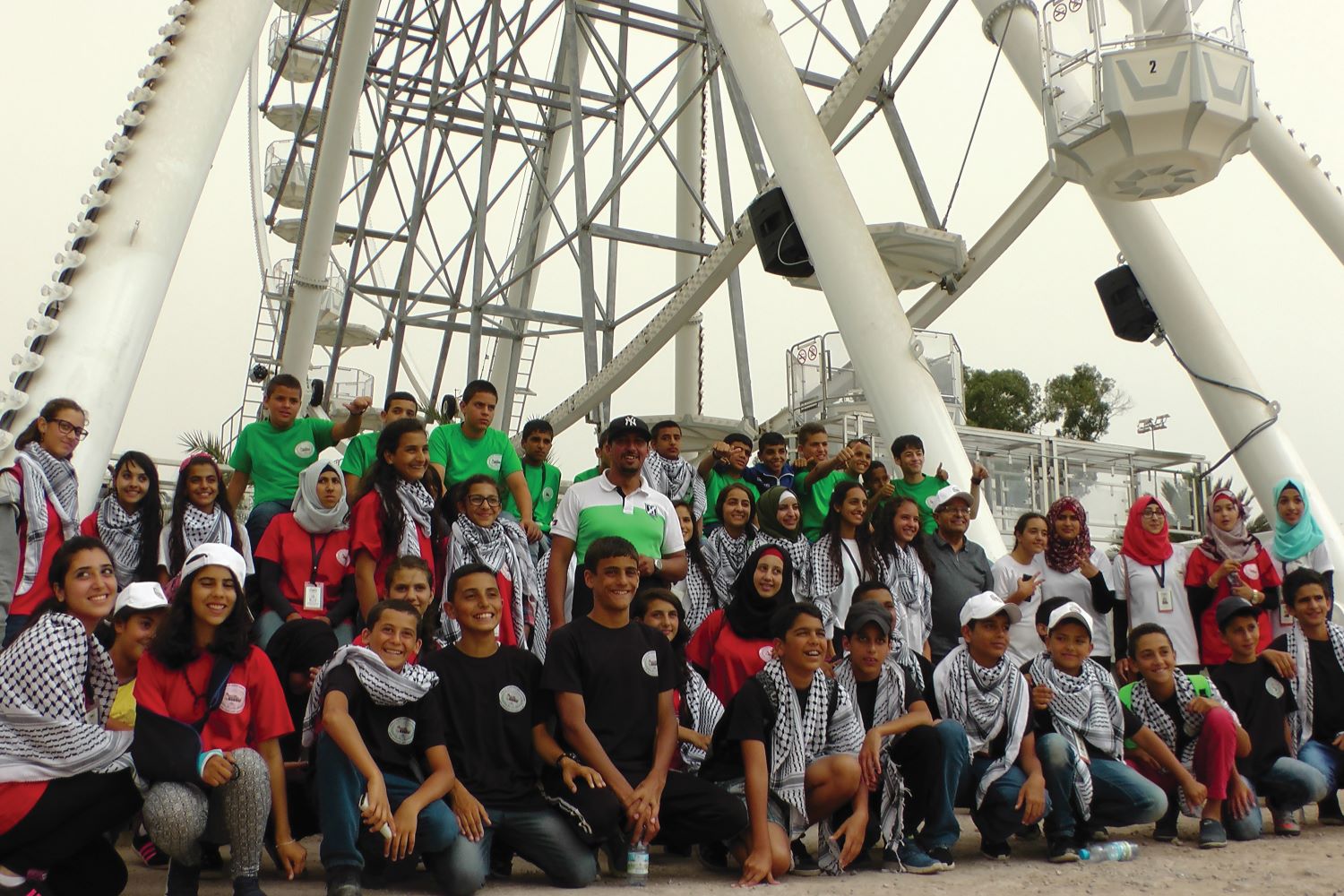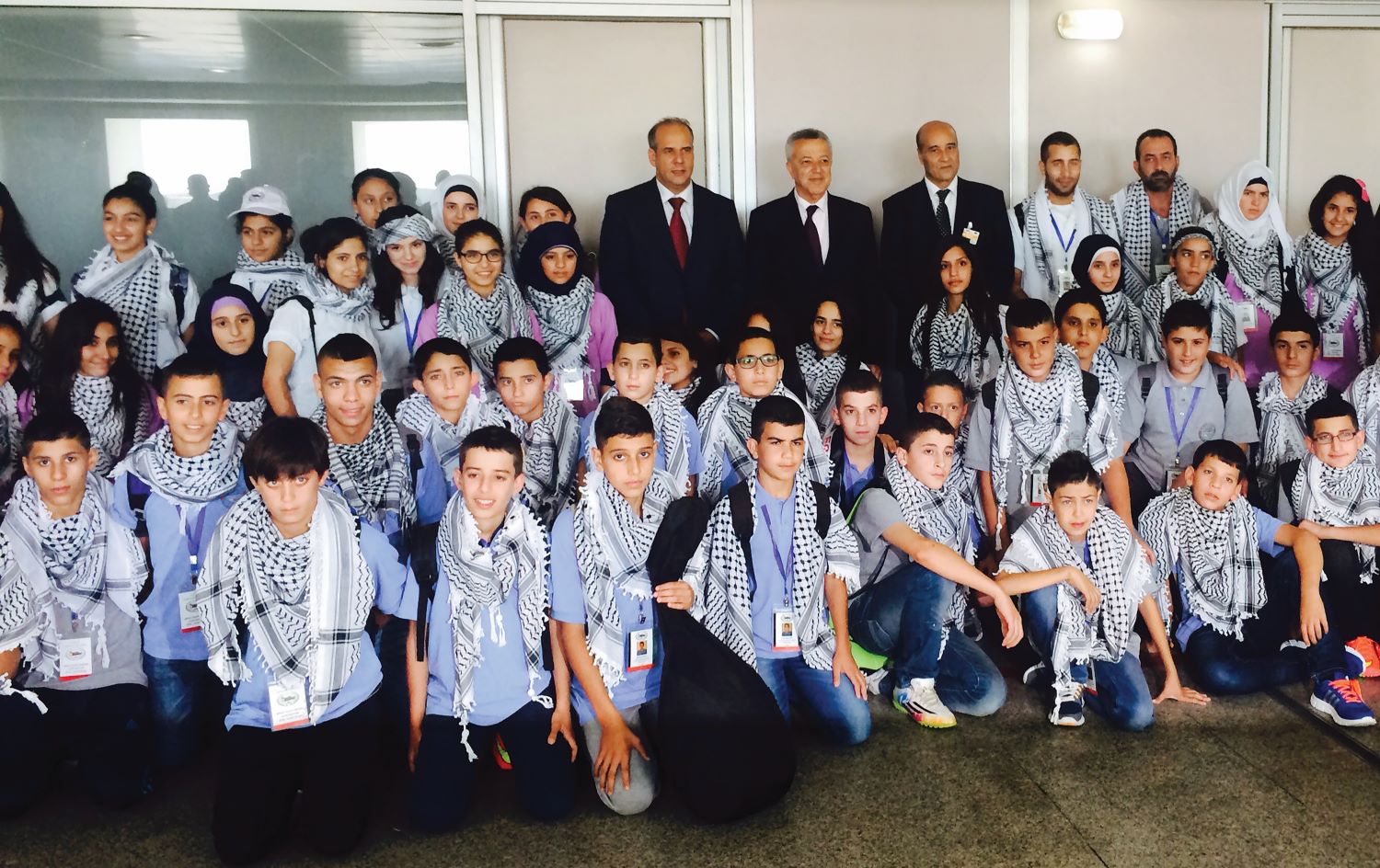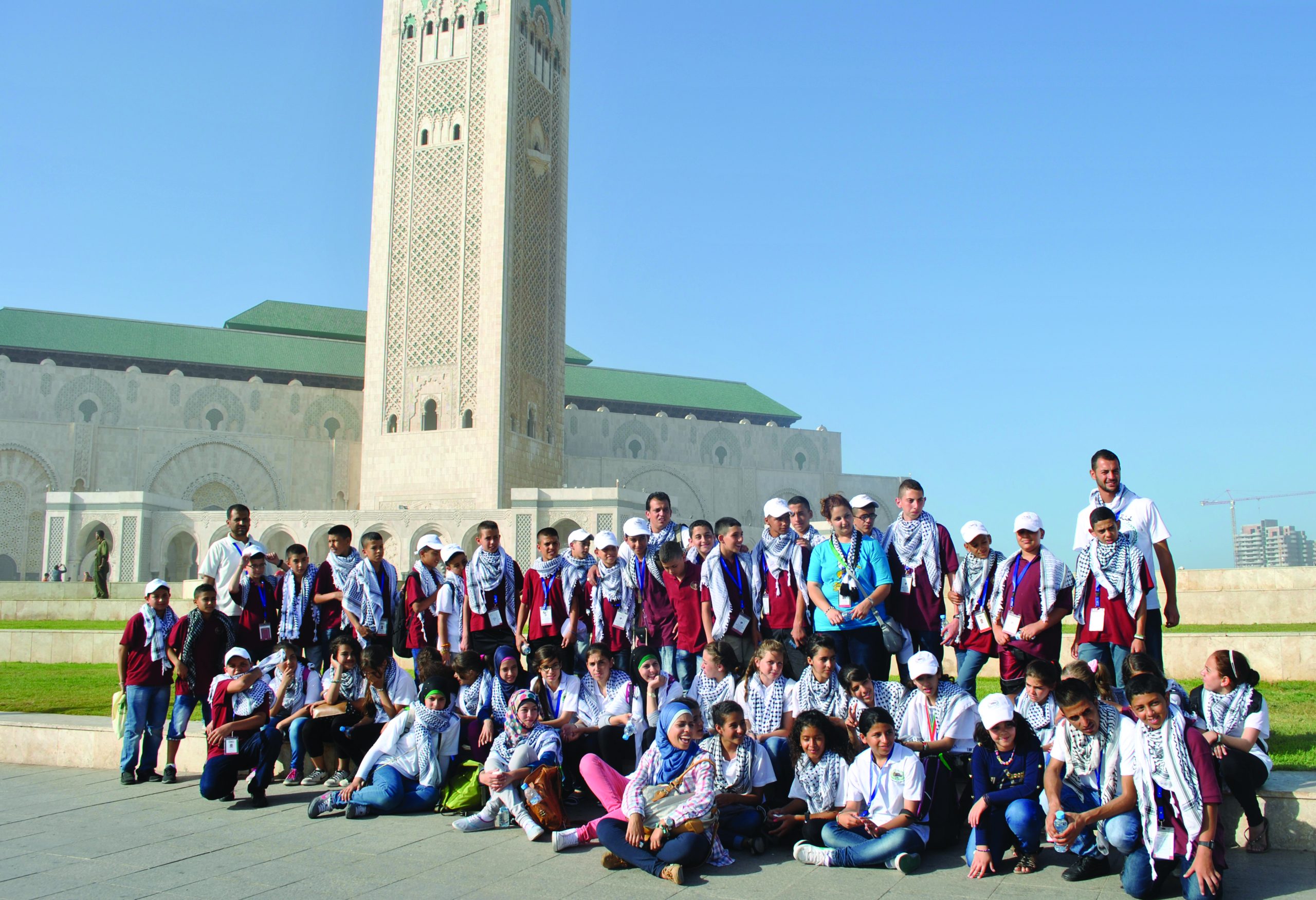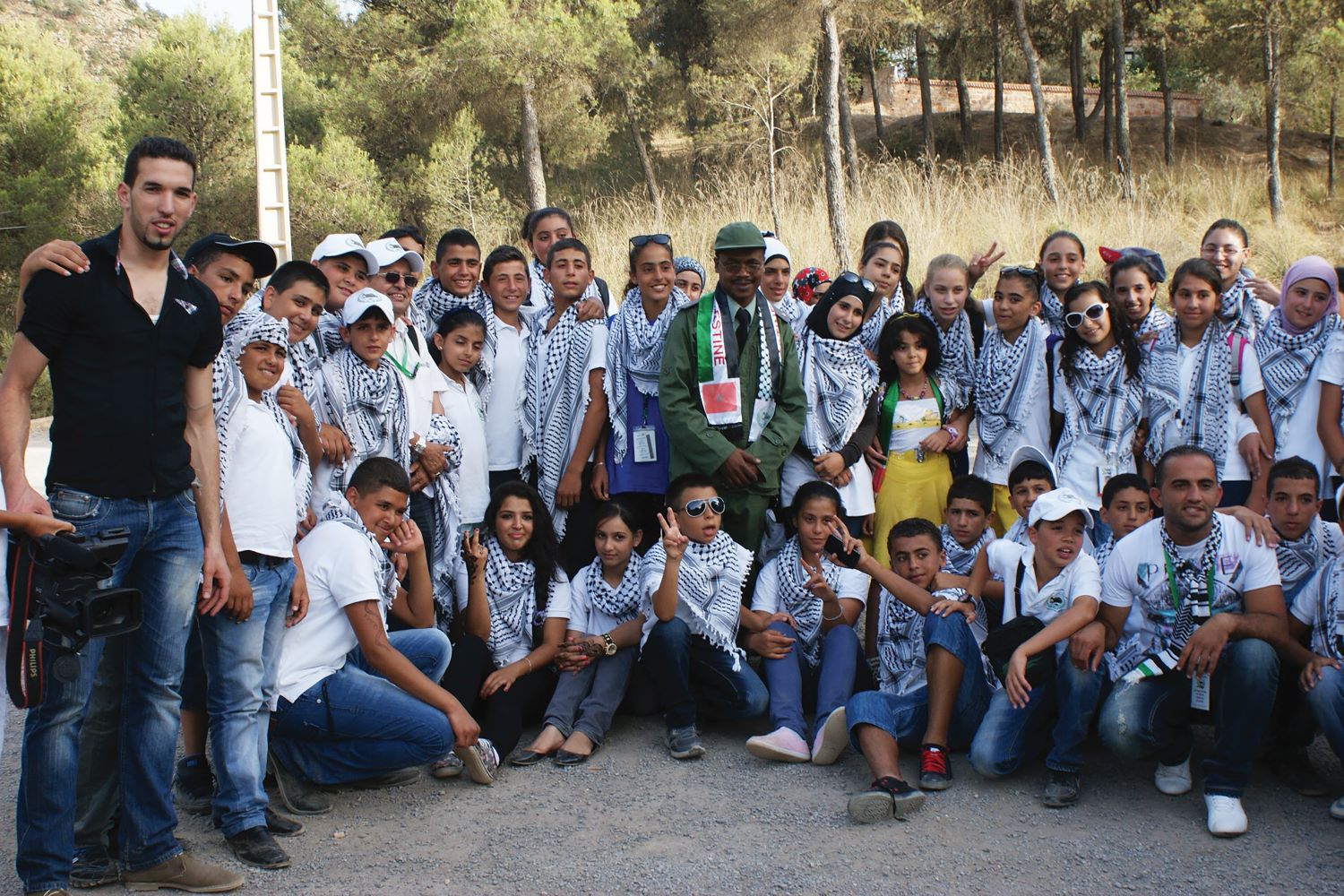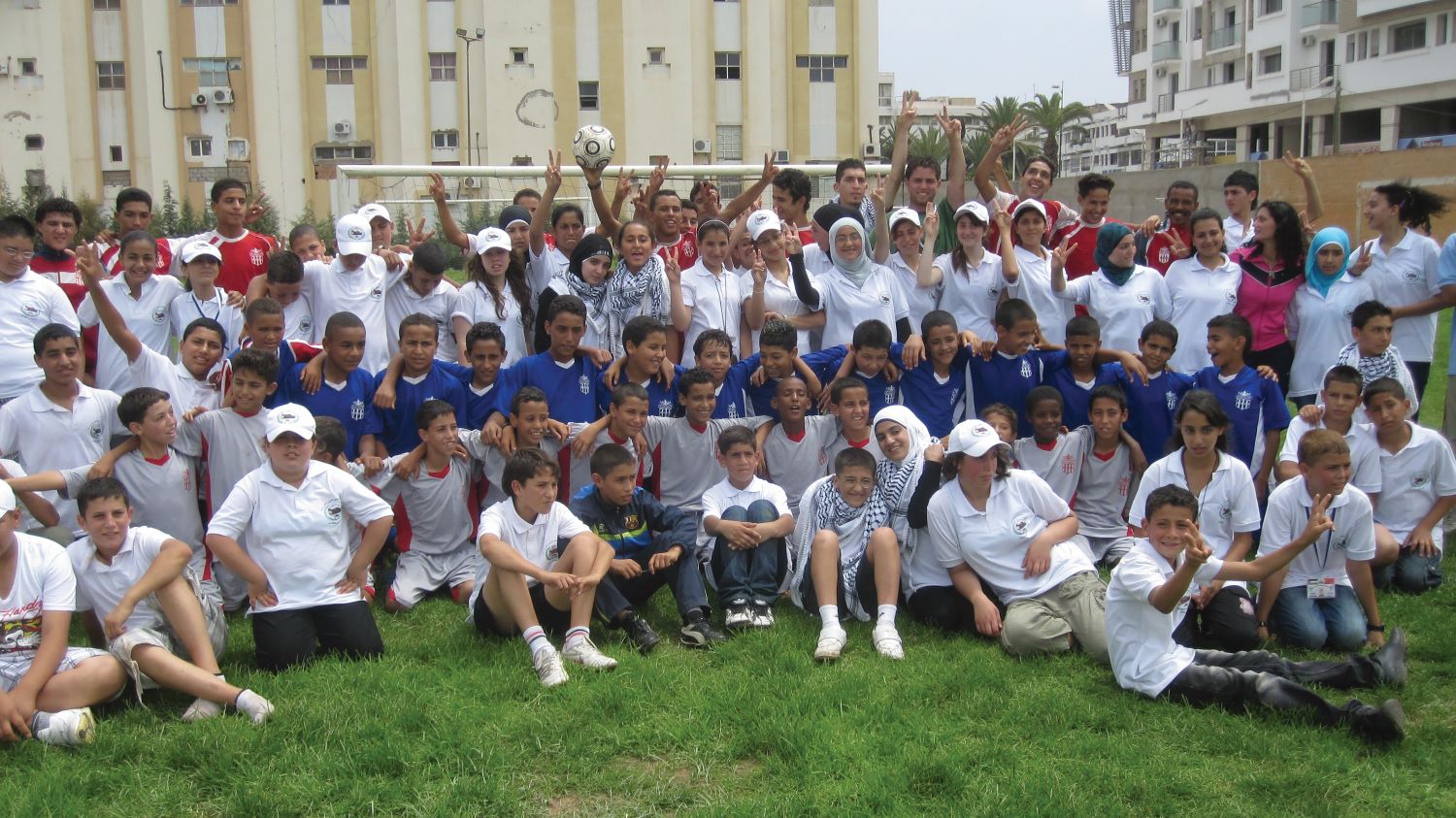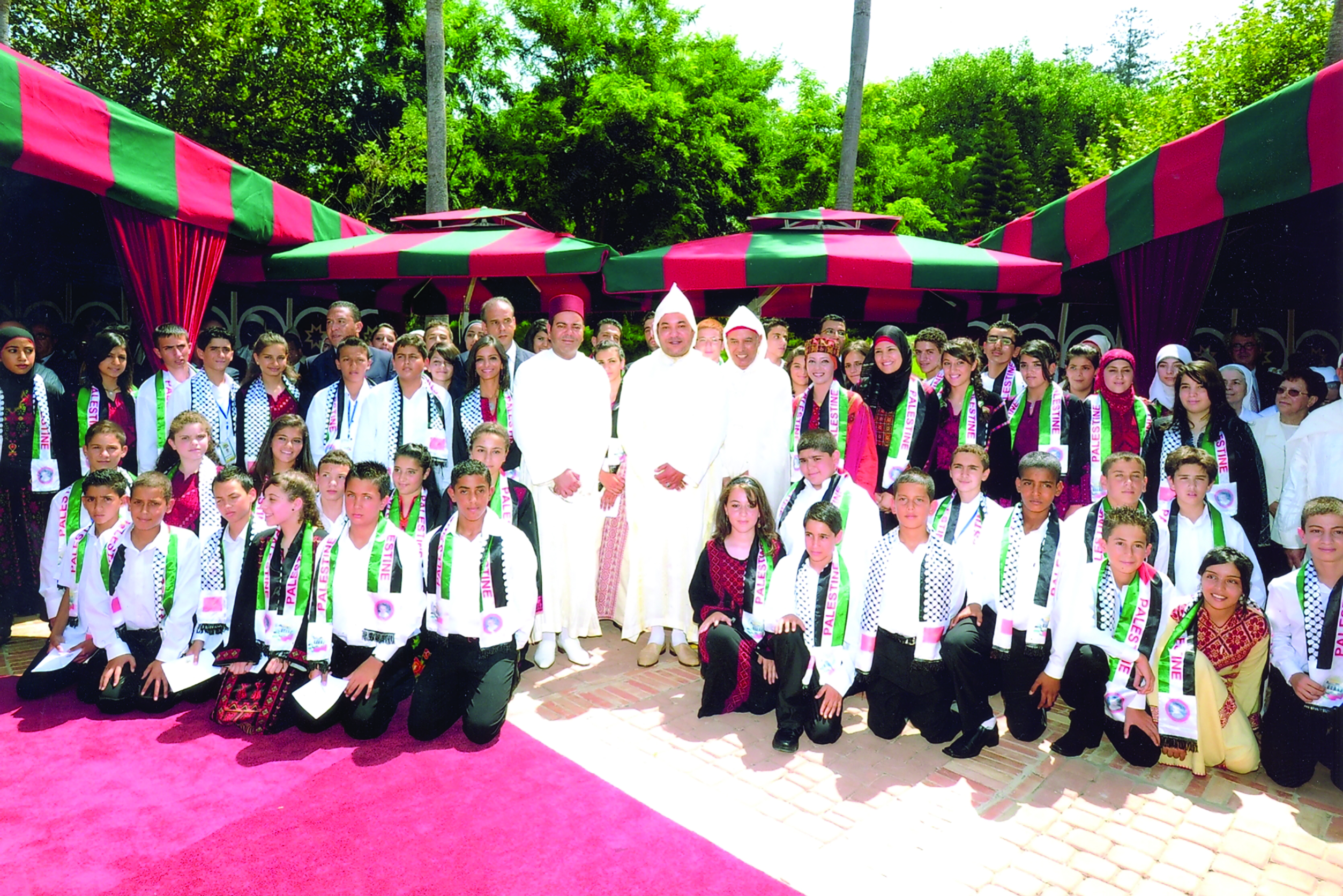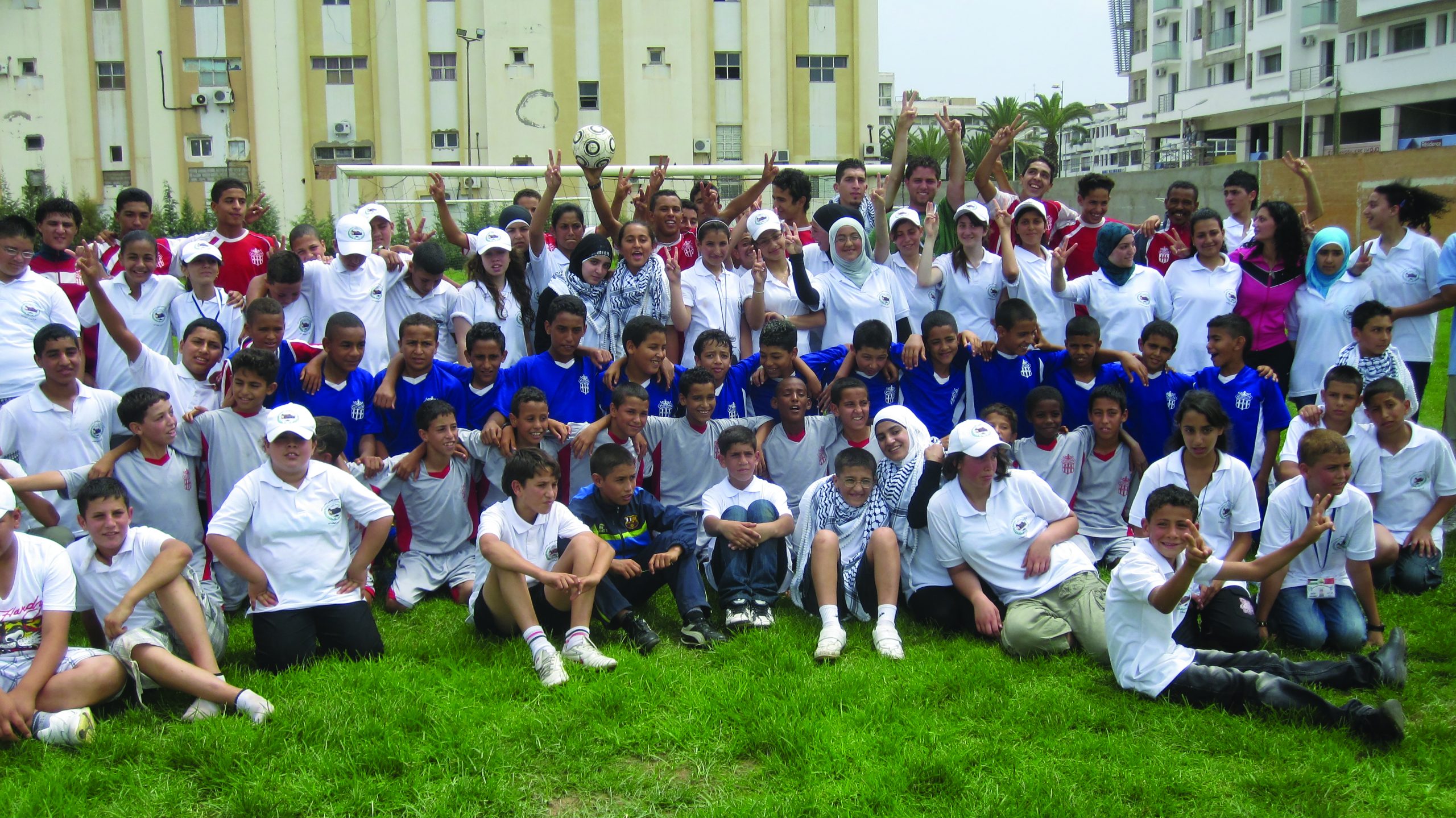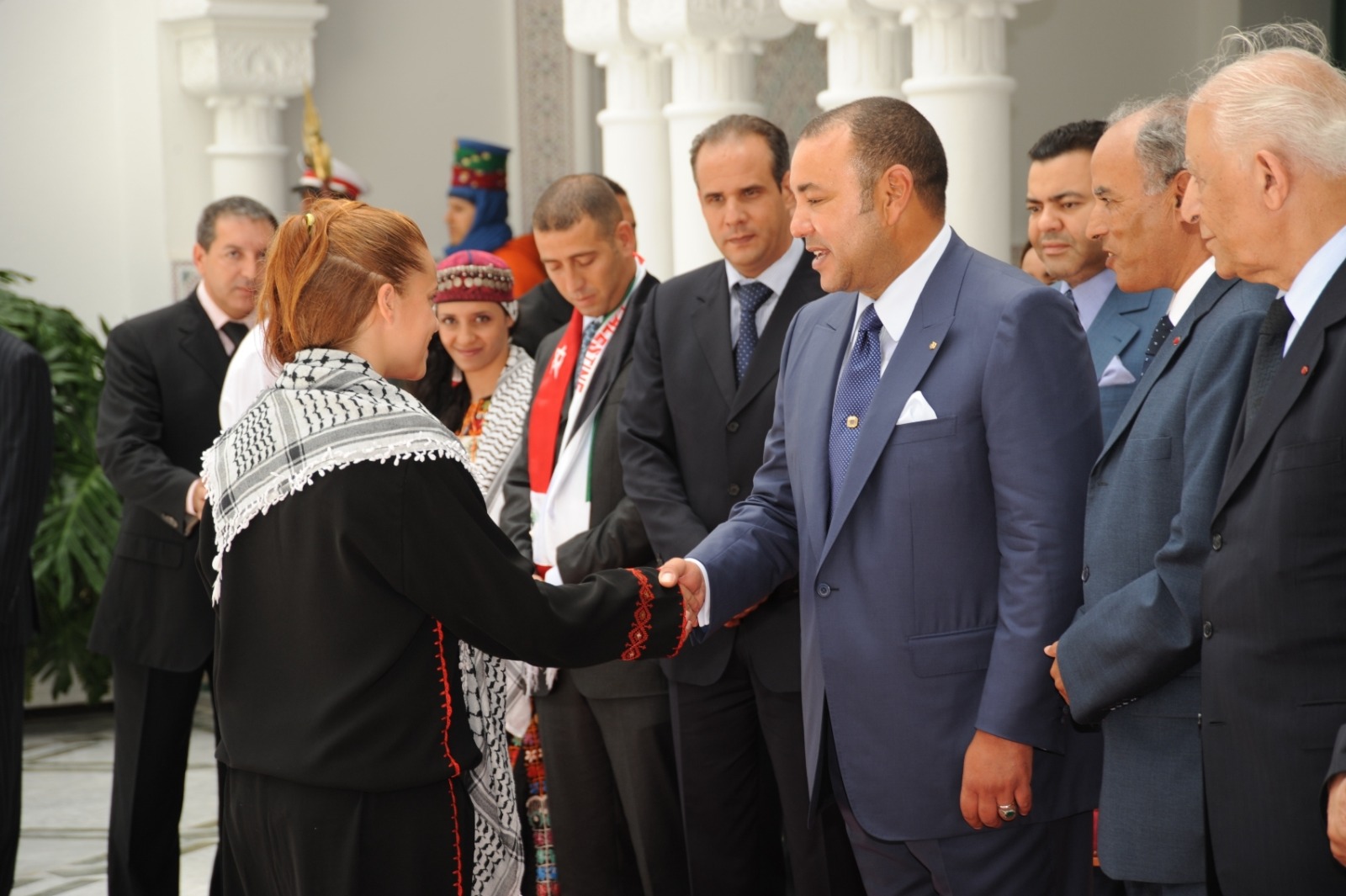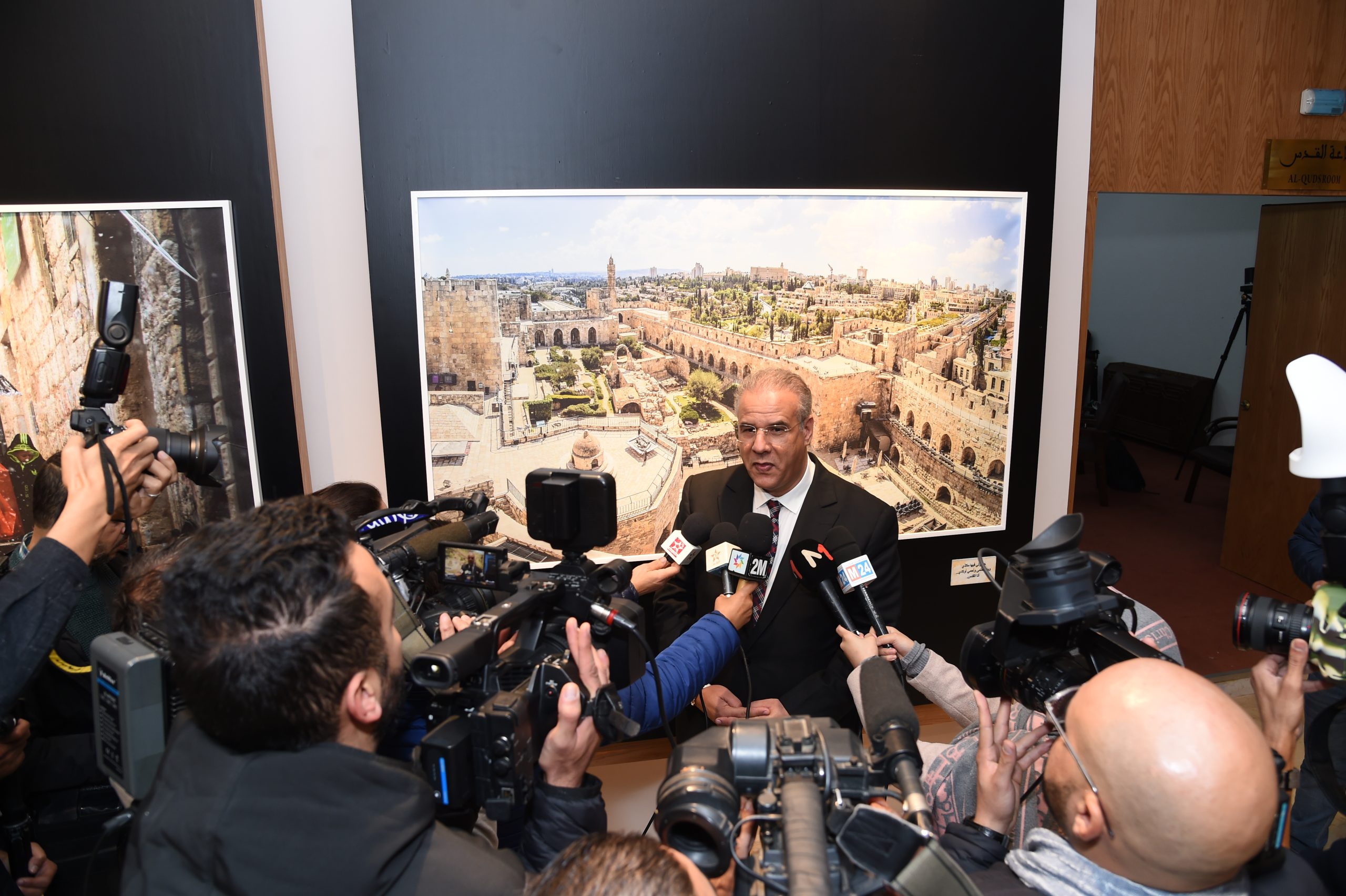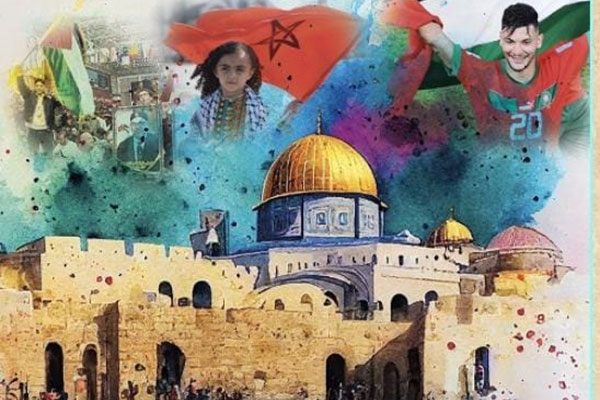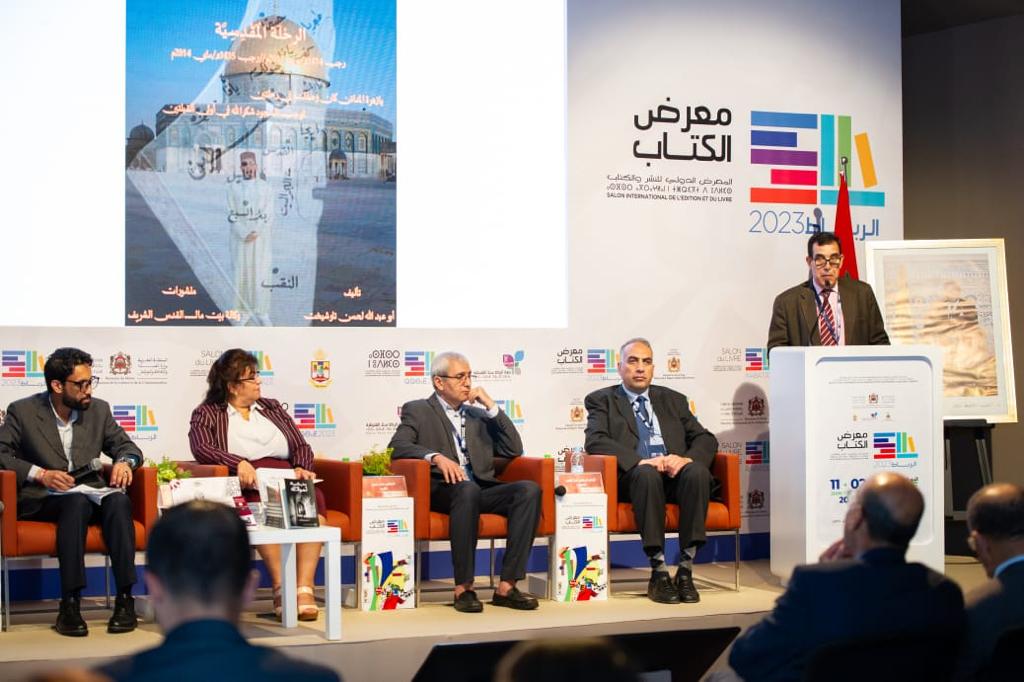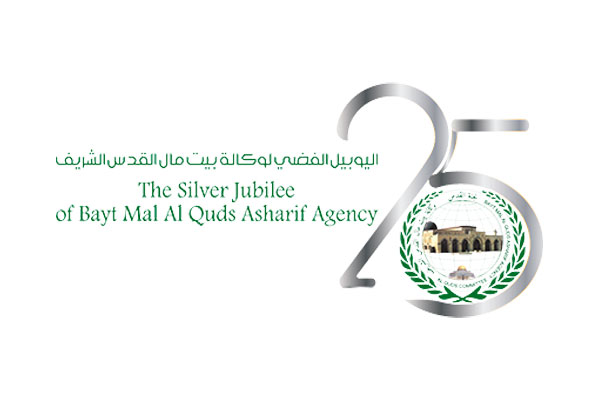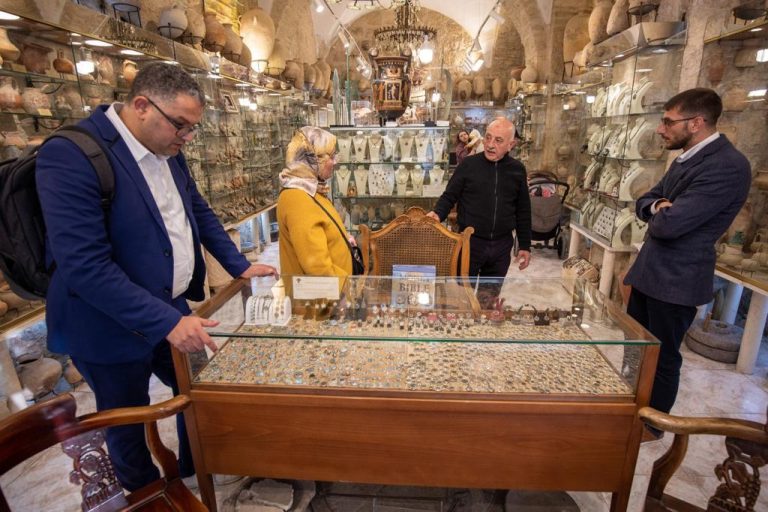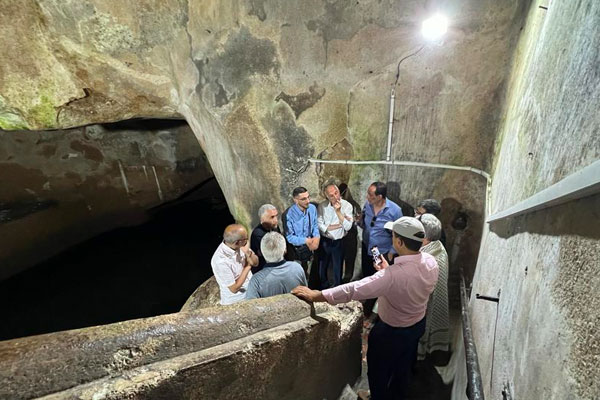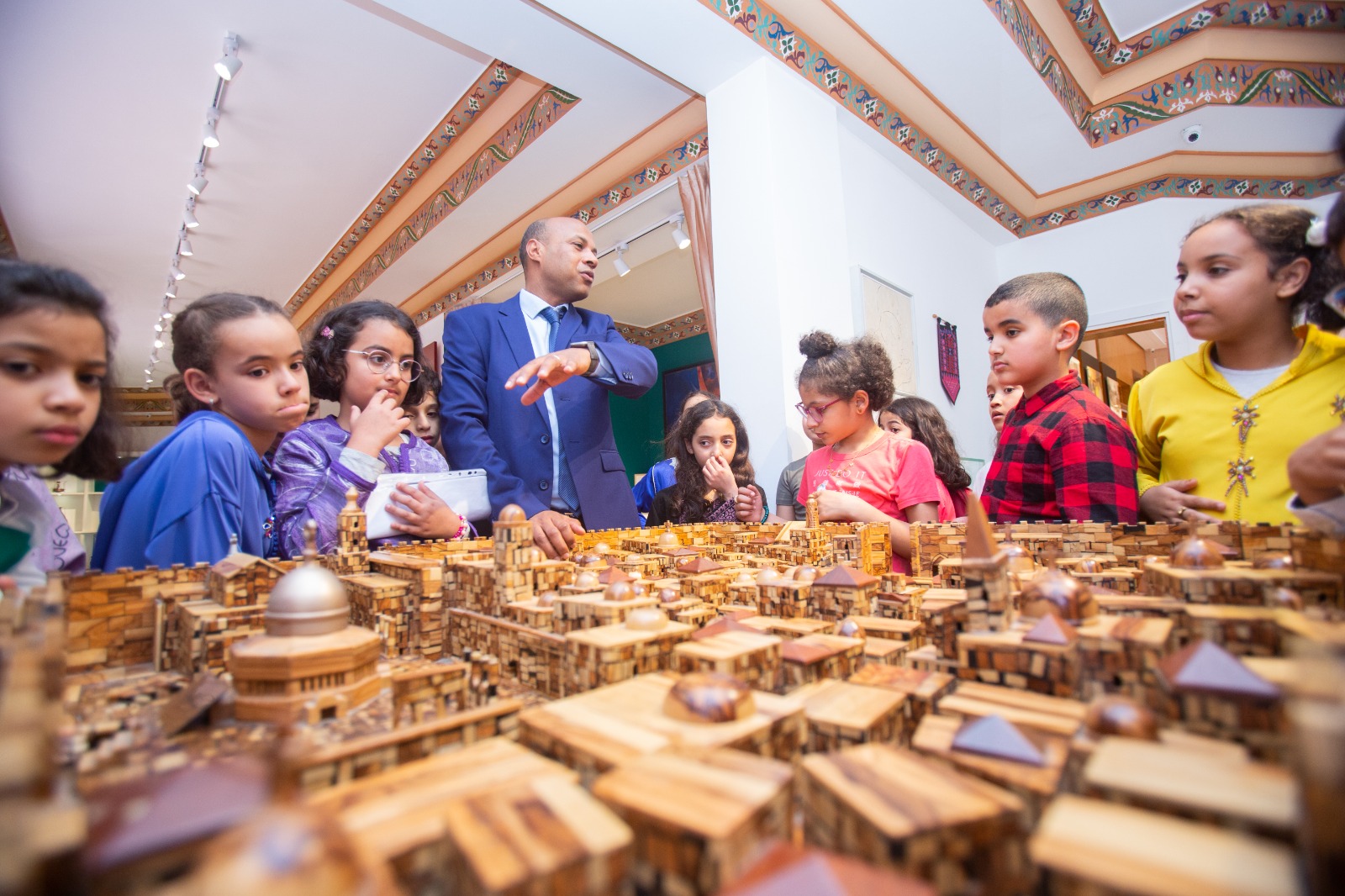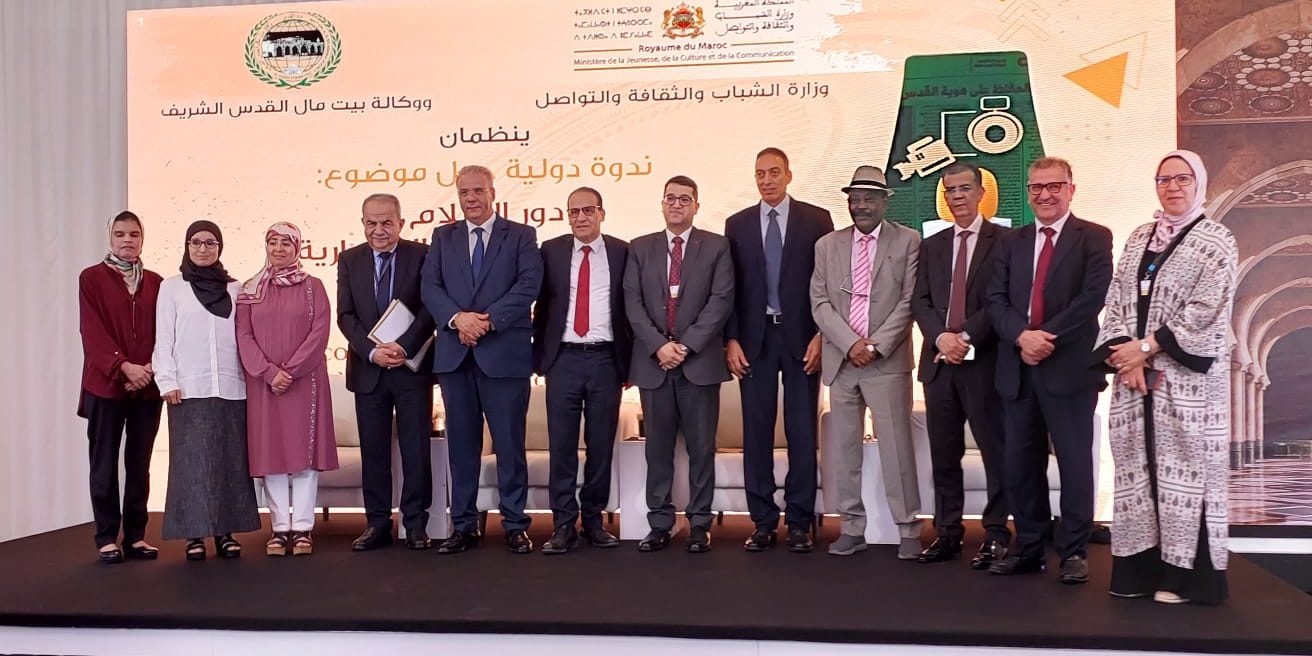Rabat, June 20, 2023
Media officials and experts took part in a conference themed “the role of the media in supporting the civilizational identity of Al Quds”, held in Rabat on June 20, 2023, by the ministry of youth, culture and communication of the Kingdom of Morocco, in cooperation with Bayt Mal Al Quds Asharif Agency, in parallel to the 53th session of Arab information ministers council.
Ministers and officials from the information ministries in the Arab participating countries and representatives of Arab diplomatic missions accredited in the Kingdom of Morocco participated in the conference held in the context of the esteem to the role assumed by His Majesty King Mohammed VI, chairman of Al Quds Committee, in defending the holy city, protecting its Arab and Islamic holy sites and upholding the resistance of its population.
Palestinians journalists, academics, and content makers also attended the conference organized as a material embodiment of the Kingdom of Morocco’s commitment to implement the decisions and recommendations adopted by the previous sessions of the Arab information ministers’ council related to the roles that should be taken by the Arab media to support Al Quds and its holy sites. The conference was also held in response to the repeated calls by Palestinian high-level officials to reinforce Arab action in the media sector.
In this context, participants to the conference that was split in the following two main axes (Axis 1: The cause of Al Quds in Arab and International media: contents and trends; Axis 2: Towards efficient media coverage of the cause of Al Quds in the Arab world) agreed on the importance of drafting an Arab reference document for Arab messages and terms related to the Palestinian cause that can be adopted, in partnership with competent bodies of the Arab League and the Organization of Islamic Cooperation, and by the competent unions, organizations, news agencies and news outlets in member states.
Given that no one disagrees on the Arab and Islamic identity of Al Quds, participants in the conference drew the alarm bell on the risks of disinformation campaigns organized by the media machinery experienced in the pro-Israeli propaganda and in opposing the Palestinian rights to defend, protect and preserve the religious and civilizational sanctities. This discourse has become the most widespread in the West, despite the efforts by some Arab media organizations to oppose their allegations.
The participants also insisted that Arab media’s defense of Al Quds, a human shared legacy, should use a discourse that is understood by the Western audience and institutions and should change from abstract notions to bolder initiatives to popularize stories of the unarmed Palestinian people’s struggle in the face of the propaganda machinery, that has been vainly endeavoring to undermine the Arab and Islamic presence on this blessed land.
Consequently, participants argued that the contents and trends in the media coverage of the issue of Al Quds, as part of the Palestinian cause, should be reconsidered to focus more on the characteristics of the holy city, its religious and civilizational status, the Palestinian population’s fondness of life as reflected in the young generation’s outstanding talents and adamant hope in a better future, despite the hardships.
Based on this, participants underscored the importance of the social media platforms in supporting information advocacy for Al Quds, a city of co-existence between religions and civilizations and preserving the human collective conscience that consolidates the international community union around the Palestinian rights without giving up the constant and inalienable values in which the Arab media have faith.
In this context, the participants also argued that it is crucial that the information media in the Arab media take action to improve the quality of the media content directed to foreign audiences and dealing with Arab priority issues, especially the causes of Palestine and Al Quds, to make them more easily visible on the global information platforms like Google, Facebook, Amazone and Netflix where the counter-propaganda is massively circulated and more widespread than any other discourse.
They also noted that the idea of creating a unified Arab media platform seems appropriate to become a reference and a source for indicators, figures and studies on the Arab media presence, the extent of its influence on Western audiences, especially when it comes to media coverage related to the Palestinian and Al Quds causes.
The Participants further called for building on the spiritual and civilizational dimensions of the city of Al Quds as a theme of media advocacy targeting religious circles in the western world, endeavoring to raise financial resources needed for the production of multimedia audio-visual information stories targeting adults and young people on the Palestinians’ fondness of life and open up on international information companies to give a wide circulation to these stories.
To ward off the media propagation machinery hostile to Al Quds population, the participants underscore the need to make reference to the “Call of Al Quds” signed in 2019 by the Commander of the Faithful and chairman of Al Quds Committee, His Majesty King Mohammed VI, with His Holiness Pope Francis “to preserve and enhance the specific multi-faith character, spiritual dimension and special identity of Jerusalem (Al-Quds Al-Sharif), as a shared legacy of humankind and above all a land of encounter and a symbol of peaceful co-existence for the followers of the three monotheist religions, as well as a center for the values of mutual respect and dialogue”.
The conference also lauded the realistic approach chosen by His Majesty King Mohammed VI in the political and legal process adopted by the Moroccan diplomacy as well as in the field social process followed by Bayt Mal Al Quds Asharif, that generated effects welcomed by Al Quds population and institutions.
